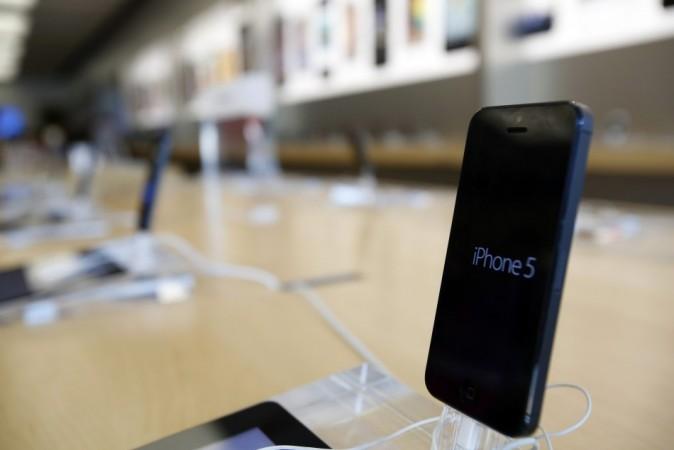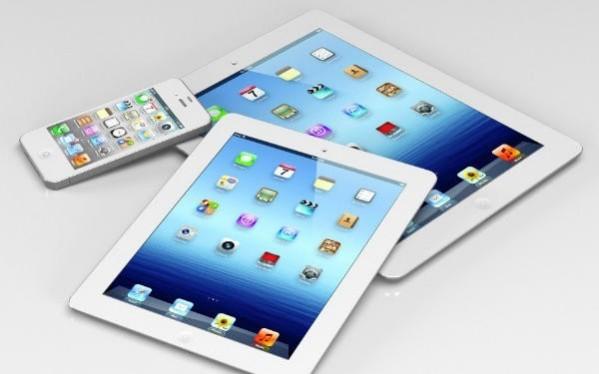While everyone is talking about the new iPhones, the iPhone 11, iPhone 11 Pro and iPhone 11 Pro Max, and the latest iOS 13 in its full 'dark' glory, some older iPhones are at risk of losing some core functions. Lucky for those users, Apple already has a fix, but they must update to the new software before 5 p.m. PT on Sunday, November 3.
Apple announced on its support page last week that iPhone 5 users must update their devices to iOS 10.3.4 before the deadline that's almost here. Failing to do so will seize some of the most important online services, such as downloading apps from App Store, accessing emails or even browsing the web.
"If you have an iPhone 5, it's especially important to update your device's software wirelessly or using your computer before November 3 to maintain accurate GPS location and to continue to use functions that rely on correct date and time including App Store, iCloud, email, and web browsing," Apple wrote.
In case you're wondering what causes this issue, it is not exclusive to iPhones. In fact, it is because you were using an iPhone that your some online services were not interrupted until now. According to ARS Technica, the "GPS time rollover issue" is not uncommon and affects devices from different manufacturers.

"GPS time is linked to the official UTC clock time provided by the US Naval Observatory. But the GPS version of the clock tracks the date by counting the number of weeks since the beginning of the current GPS "epoch"—August 21, 1999. So as the clock reaches midnight tonight on the prime meridian, the GPS calendar will suddenly become 20 years out of date," ARS Technica had explained.
Since iPhones, like other GPS-enabled devices, rely on time for various functions such as cellular connectivity and the iPhone 5 was not programmed to counter the epoch change, some core functions will stop working. To avoid that, simply update your iPhone 5 to iOS 10.3.4 if you haven't already.

Go to Settings > General > About and verify the Software Version. If it is updated to 10.3.4, you won't have to do anything. If you have an iOS device older than 2012, such as iPhone 4 and iPad Mini, iPad 2, and iPad 3rd generation devices, they need to be updated to the latest software update (iOS 10.3.4 for iPad 4th-gen cellular model and iOS 9.3.6 for iPhone 4s and rest of the cellular iPads). The issue doesn't affect iPad and iPod touch models without cellular connectivity.
That said, it is important to keep your devices updated to the latest software as OEMs roll out important security updates that protect you from numerous online threats and issue bug fixes.








